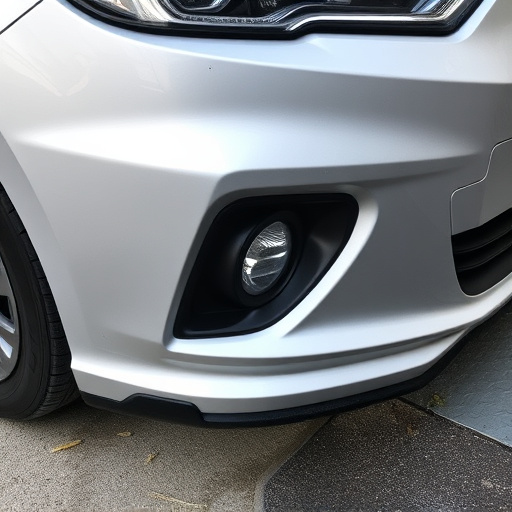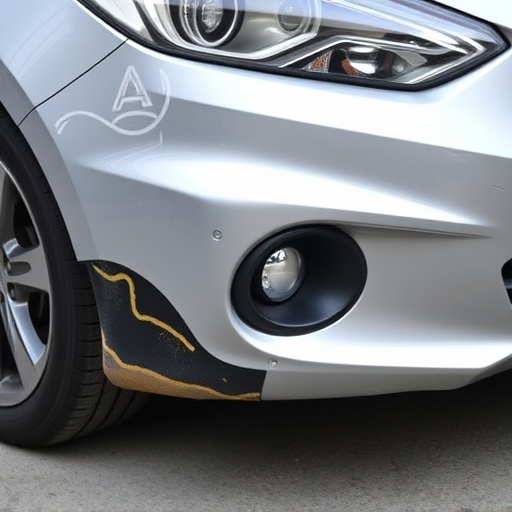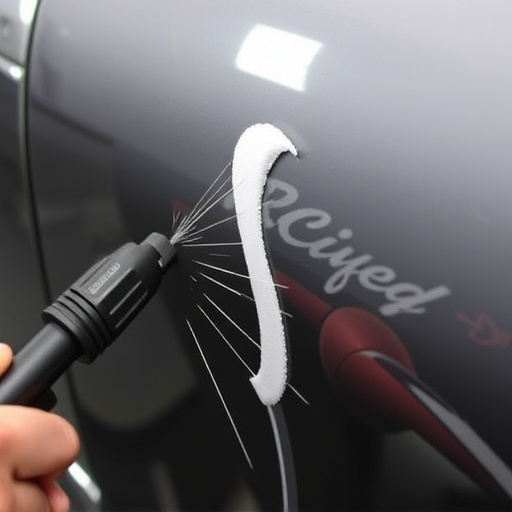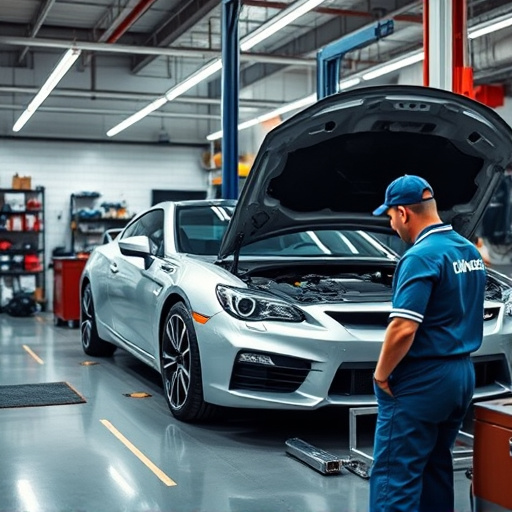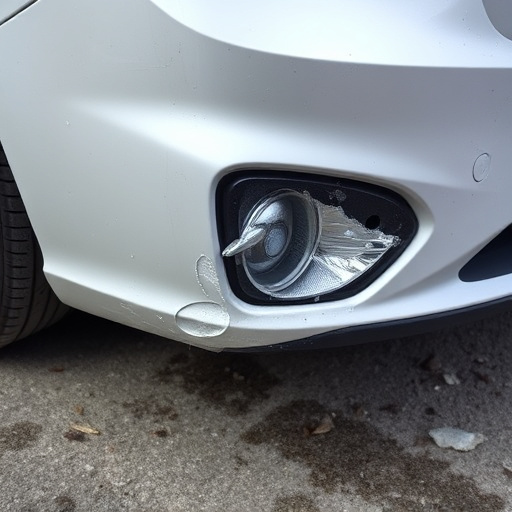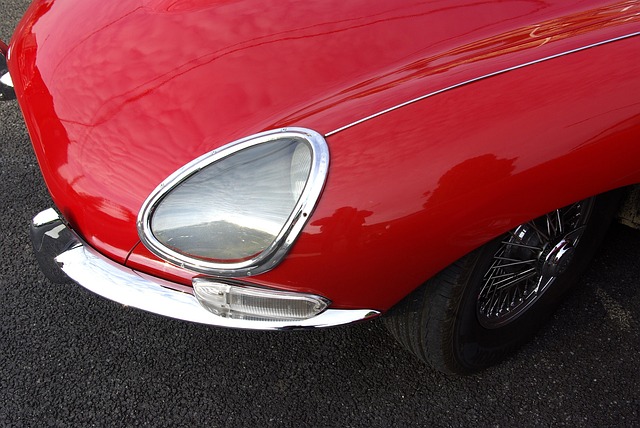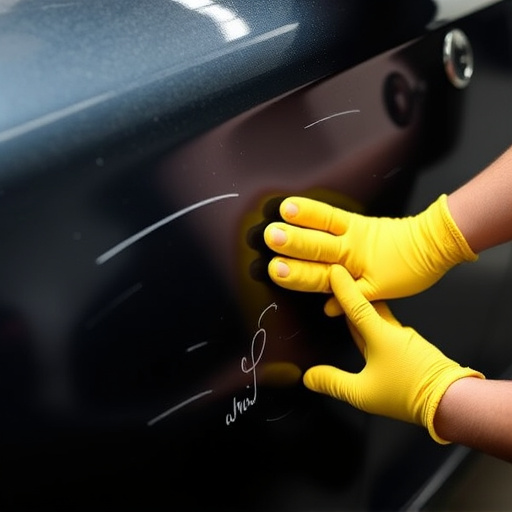Mercedes Active Brake Calibration (MABC) is a critical safety feature optimizing braking performance and driver peace of mind. Regular calibration by specialized technicians ensures precise adjustments to brake systems, preventing accidents, damage repairs, and enhancing vehicle control. Compliance standards involve thorough inspections, advanced diagnostic tools, testing in simulated scenarios, and certifications for optimal braking and enhanced road safety.
Mercedes Active Brake Calibration is a critical process ensuring the brand’s vehicles meet stringent safety standards. This advanced technology plays a pivotal role in modern driving dynamics, offering precise and responsive braking systems. The article delves into the intricacies of this system, exploring its impact on vehicle safety and performance. We’ll uncover how calibration aligns with Mercedes’ commitment to quality, providing a step-by-step guide to ensuring every brake system functions optimally and safely.
- Understanding Mercedes Active Brake Calibration
- The Role of Calibration in Safety Standards
- Ensuring Compliance: A Step-by-Step Process
Understanding Mercedes Active Brake Calibration

Mercedes Active Brake Calibration (MABC) is a sophisticated system designed to ensure optimal braking performance and safety. It’s a crucial component in maintaining Mercedes standards, affording drivers peace of mind while behind the wheel. The process involves precise adjustments to the vehicle’s brake systems, ensuring they respond accurately to driver input. This calibration is vital for preventing car damage repair incidents caused by inconsistent or malfunctional brakes.
By regularly calibrating the active brake system, mechanics can detect and rectify any discrepancies that may arise due to wear and tear or environmental factors. This proactive approach not only enhances vehicle performance but also contributes to safer driving conditions. Moreover, it minimises the need for extensive vehicle paint repair or vehicle dent repair, as well as other potential damage caused by accidents stemming from brake failures.
The Role of Calibration in Safety Standards

Mercedes Active Brake Calibration plays a pivotal role in ensuring that safety standards set by the brand are met and maintained. This meticulous process involves precise adjustments to the vehicle’s braking system, allowing for optimal performance under various driving conditions. By calibrating the brakes, auto body repair shops and car repair specialists can ensure that each component—from sensors to actuators—functions harmoniously, providing the necessary force and control during emergency stops or sudden obstacles.
The significance of calibration cannot be overstated, especially in the context of Mercedes vehicles known for their high-performance capabilities. Regular brake calibration checks prevent issues like reduced stopping distances, improved stability, and enhanced overall vehicle control. It’s akin to fine-tuning a car’s soul, ensuring that every ride is as safe and responsive as it is exhilarating—a crucial aspect that distinguishes top-tier car repair shops from the rest, keeping Mercedes owners on the road with peace of mind.
Ensuring Compliance: A Step-by-Step Process

Ensuring compliance with Mercedes standards for active brake calibration is a meticulous process that involves several crucial steps. It begins with a thorough inspection of the vehicle’s brake system, identifying any discrepancies or wear and tear. This initial evaluation is key to understanding the scope of work required for calibration.
Next, specialized technicians perform precise adjustments on the active brake control units, fine-tuning parameters like braking pressure, response time, and stability control. These adjustments are done with state-of-the-art diagnostic tools, ensuring minimal disruption to other systems while maximizing safety. Following this, extensive testing is conducted in simulated scenarios, mimicking various driving conditions and emergency stops to verify the system’s effectiveness. Only after successful completion of these steps can a Mercedes vehicle be confidently certified as compliant with its active brake calibration standards, guarantees optimal braking performance and enhances overall road safety.
Mercedes Active Brake Calibration is an indispensable process for maintaining safety standards and ensuring smooth operations within the Mercedes brand. By calibrating these systems, vehicle dynamics are optimized, leading to enhanced braking performance and improved driver experience. Adhering to a step-by-step compliance process guarantees that every Mercedes meets the high expectations set by the brand, providing customers with reliable and efficient vehicles.
